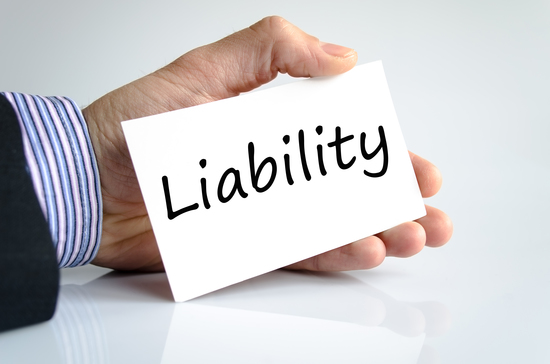You have probably heard of workers’ compensation, coverage that pays for employees’ medical costs and lost wages if they are injured on the job and protects employers from costly lawsuits. You may not, however, be quite as familiar with employers liability coverage. It is important to understand what it is and whether you need to make it a part of your business insurance package.
What Does Employers Liability Cover?
Think of employers liability coverage (EL) as the safety net for workers’ compensation. It is the catch-all that protects the employer against injuries and liability that is not covered in standard workers’ comp. Unless a specific type of claim is excluded, EL will protect a business owner against the costs associated with it.
The Liability Claims Employers Liability Cover
There are four types of claims that EL can protect you against:
- Third Party Over Actions. This comes into play when a third party sues you for contributory negligence because it was also held liable for a work-related injury. An example would be if your employee was injured by a piece of equipment on the job. You might be sued for failing to maintain the machine, and the equipment manufacturer might seek indemnity from you because it was also held liable.
- Loss of consortium. This is typically filed by the spouse of your injured employee who is holding you liable for the loss of their spouse’s “services” due to injury.
- Dual capacity. These lawsuits can be brought against you if you are the manufacturer of a product that causes injury to your own employee. You will be sued both as the employer and the manufacturer.
- Consequential bodily injury. This type of lawsuit happens if a family member of your injured employee suffers as a consequence of that injury. An example would be if your employee’s spouse suffered a heart attack upon hearing the news of the accident at your workplace.
Do You Need Employers Liability Coverage?
The vast majority of employers absolutely should invest in this coverage in order to protect both themselves and the people who work for them. There are two exceptions:
- If you are the director of a limited company, have no employees, and own at least half of the company’s shares.
- If your business is operating as a sole trader or partnership and is unincorporated.
As you can see, most companies should make purchasing this type of business insurance a priority. Even if you only hire staff seasonally, you should speak with your agent about the best EL policy for your company. Once you have it, you and your workers will breathe easier knowing you are financially protected if an accident or injury occurs.

